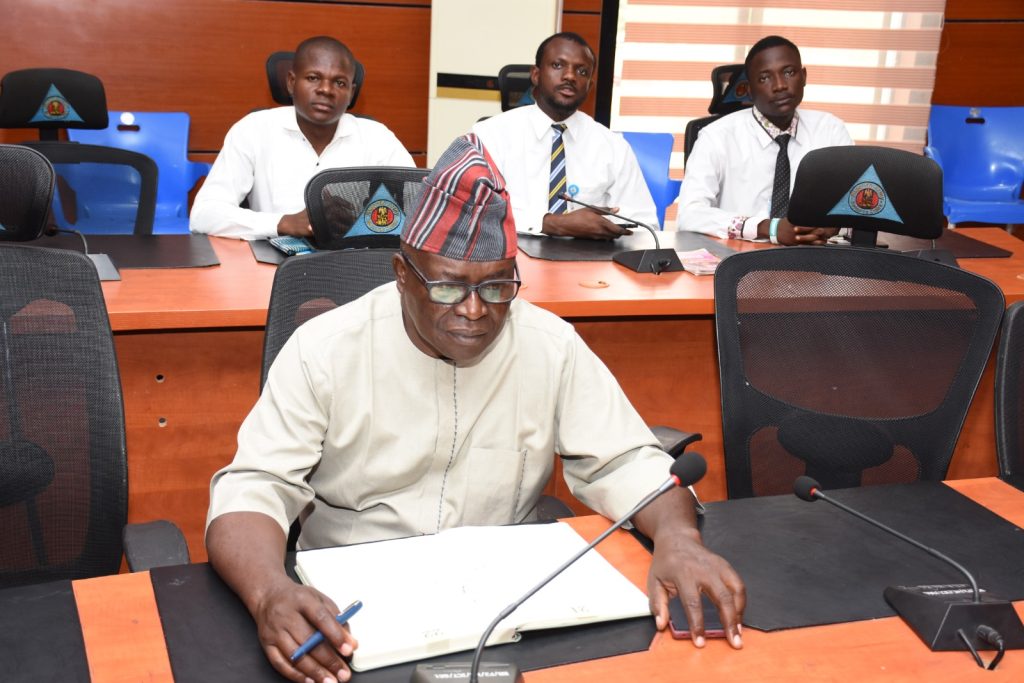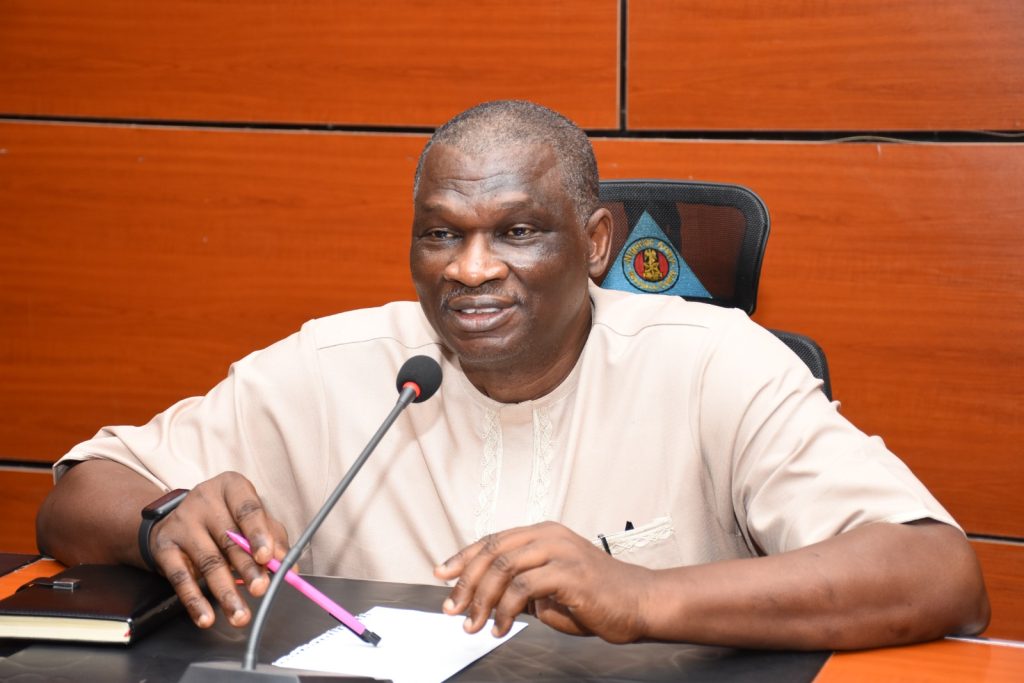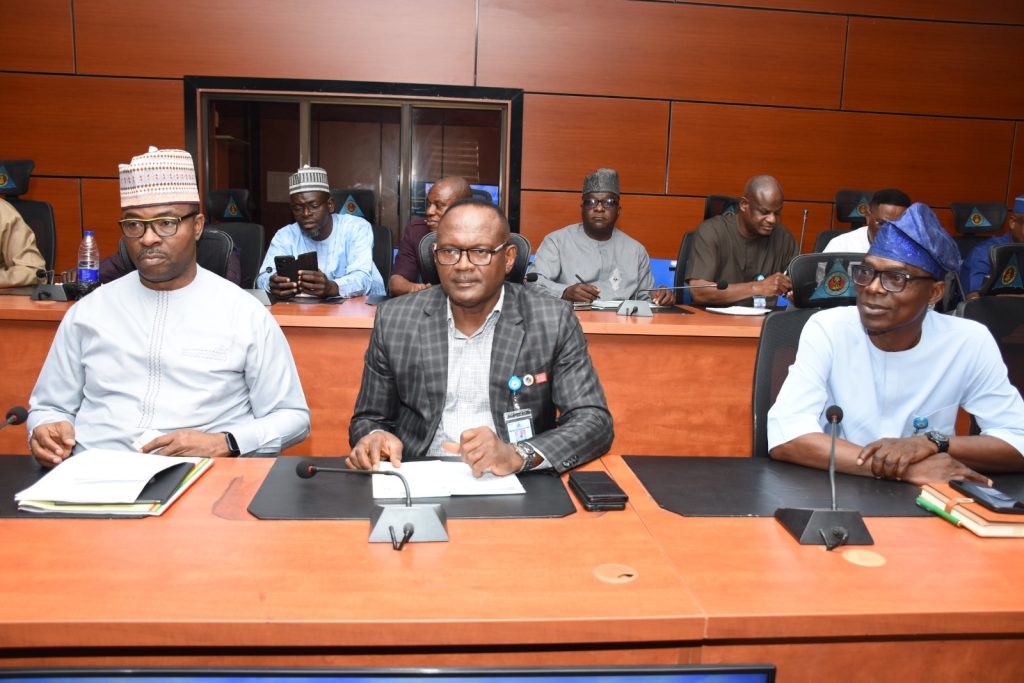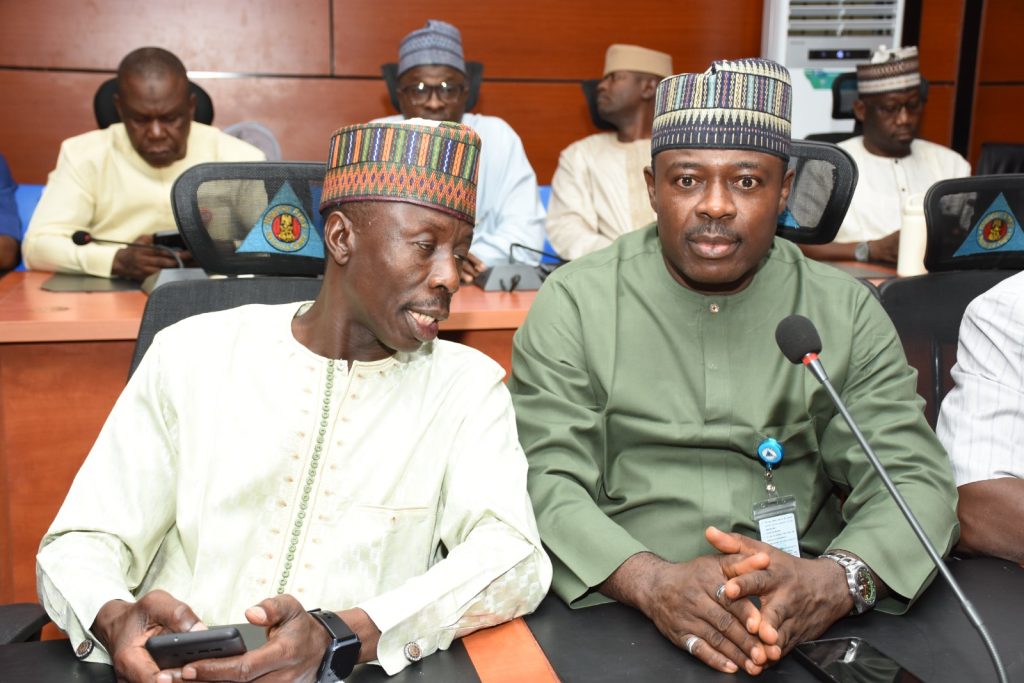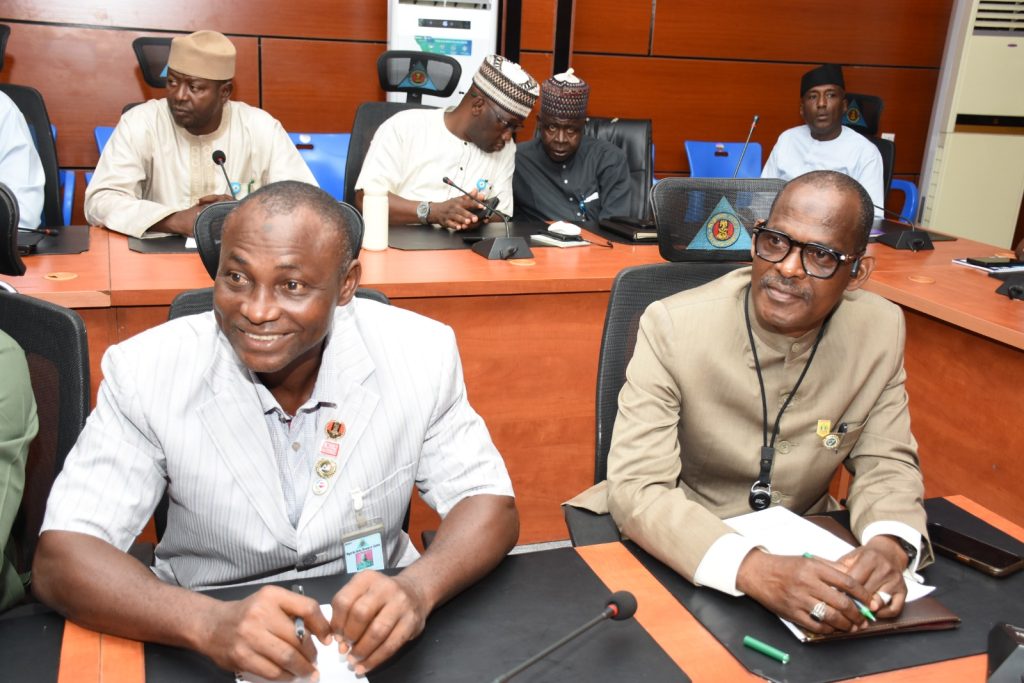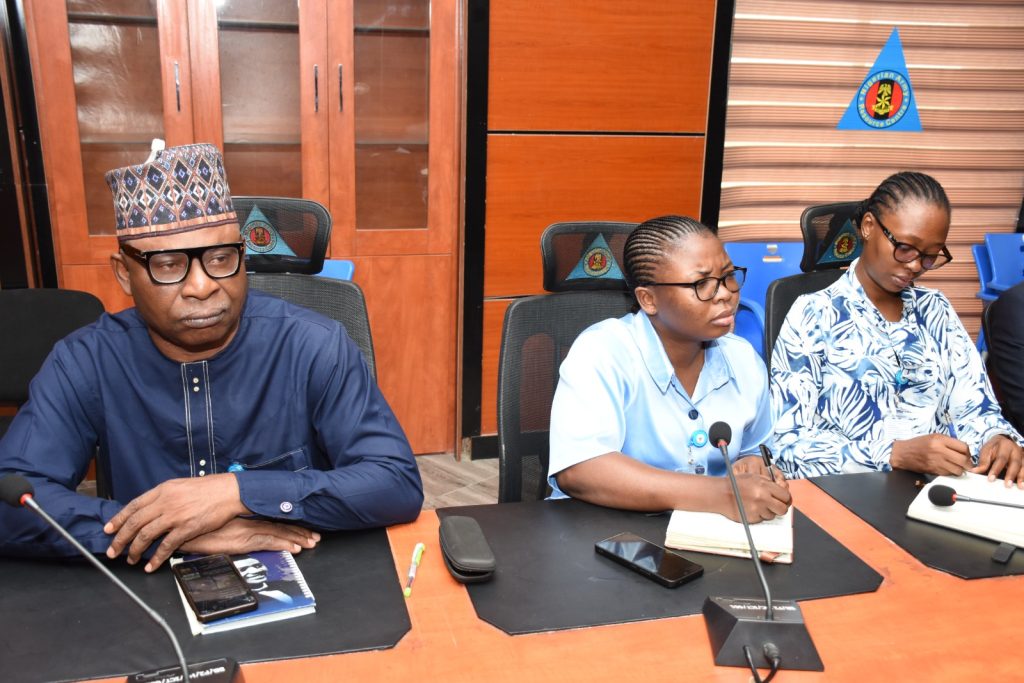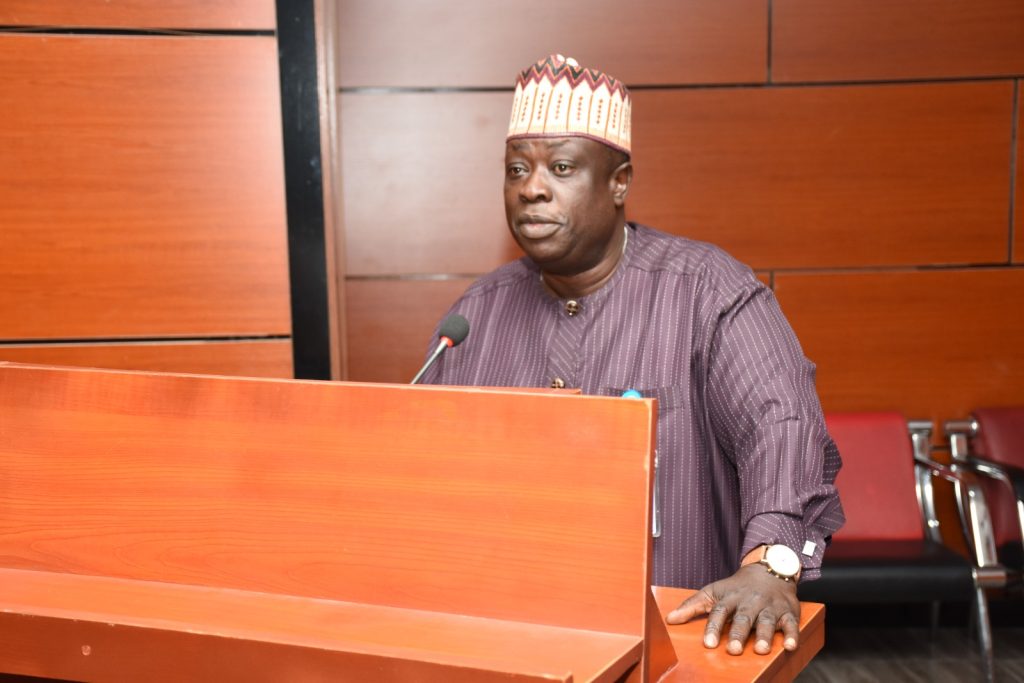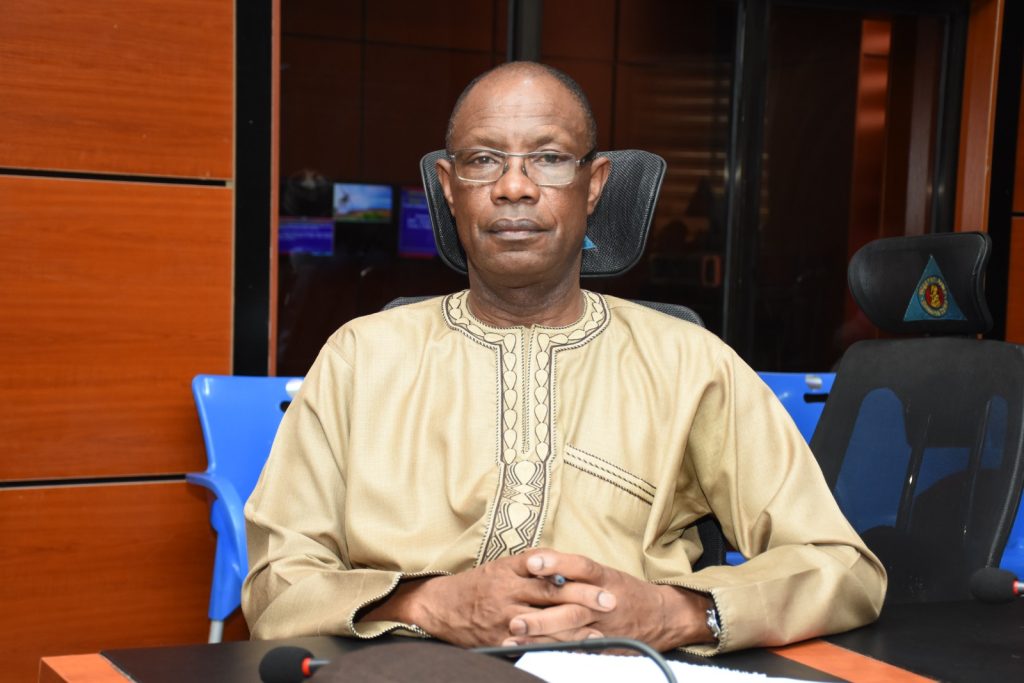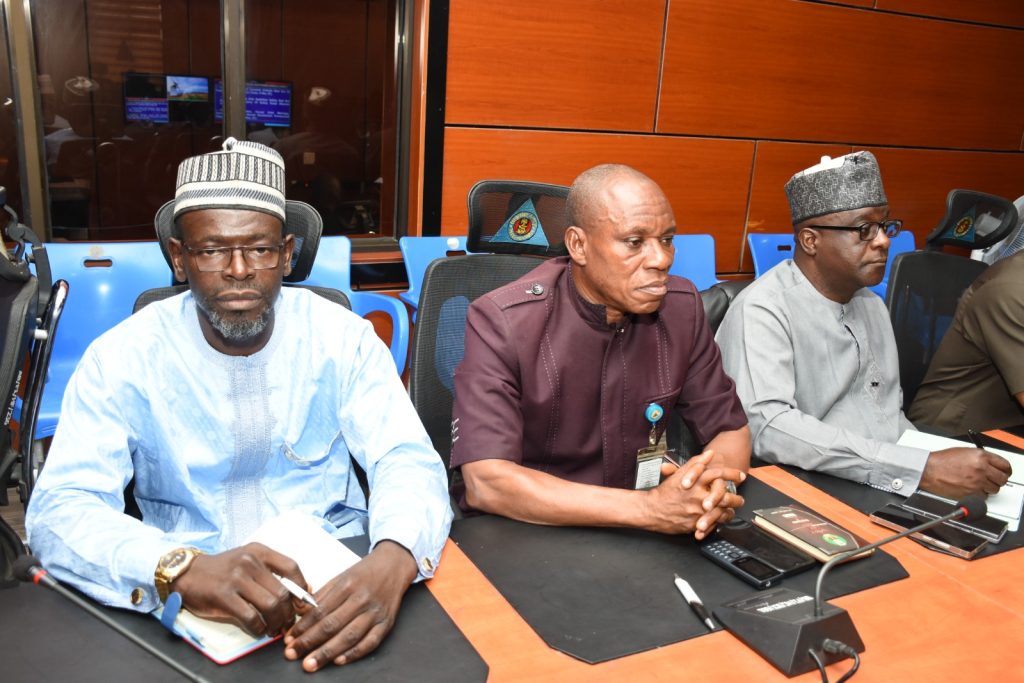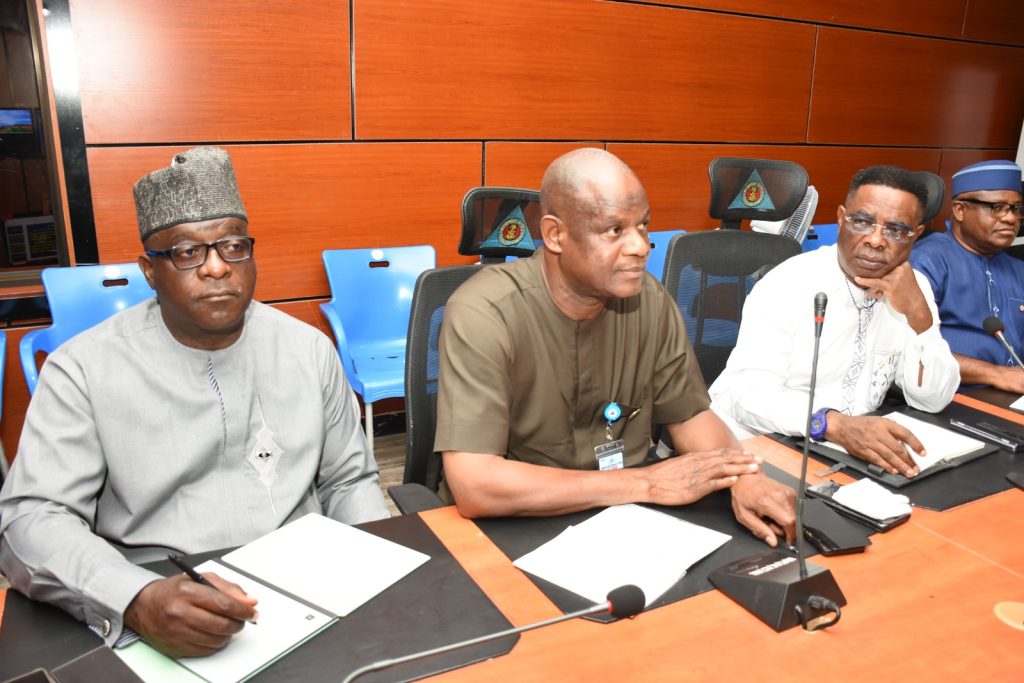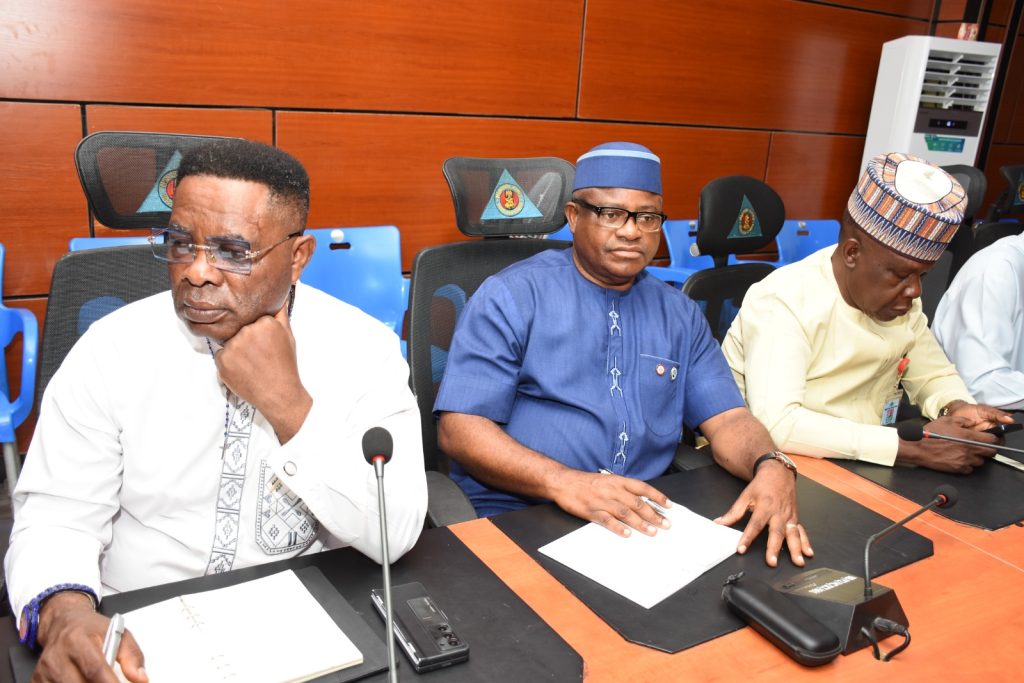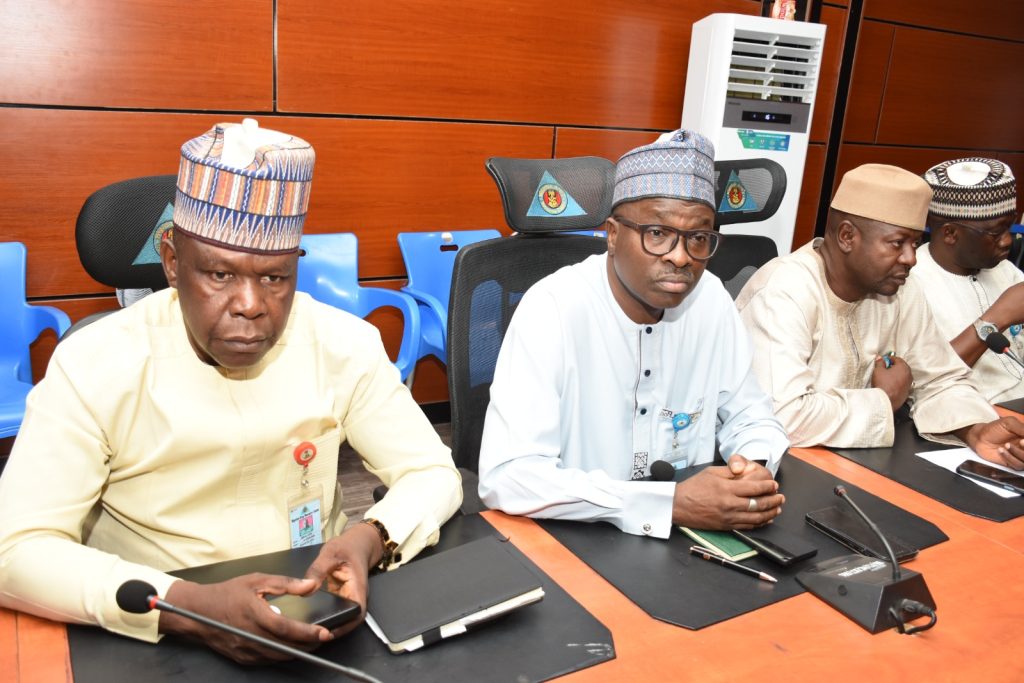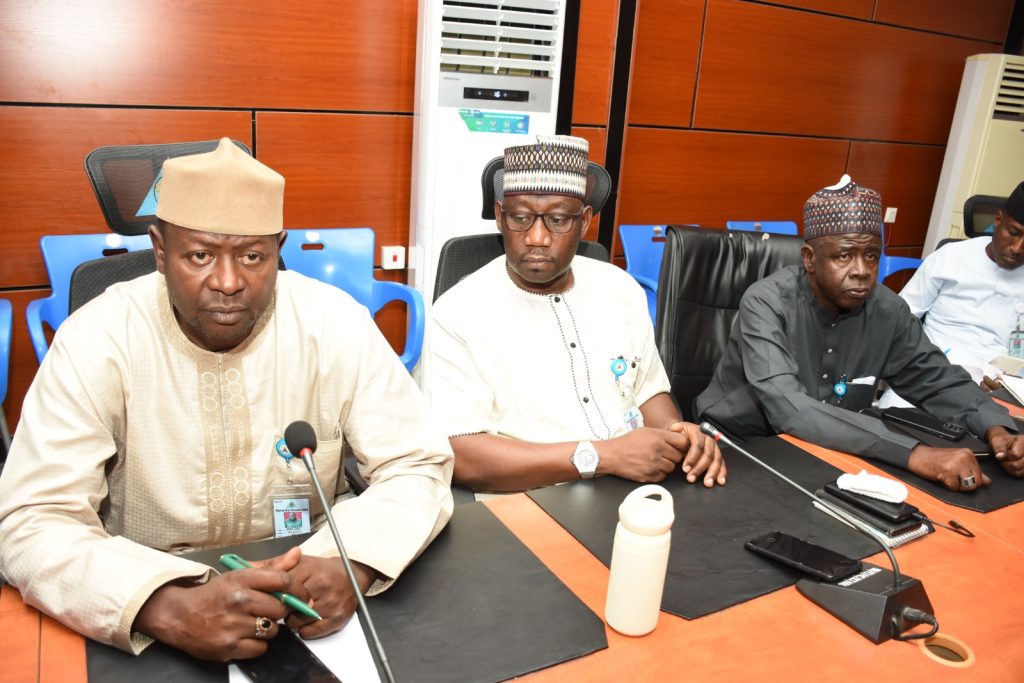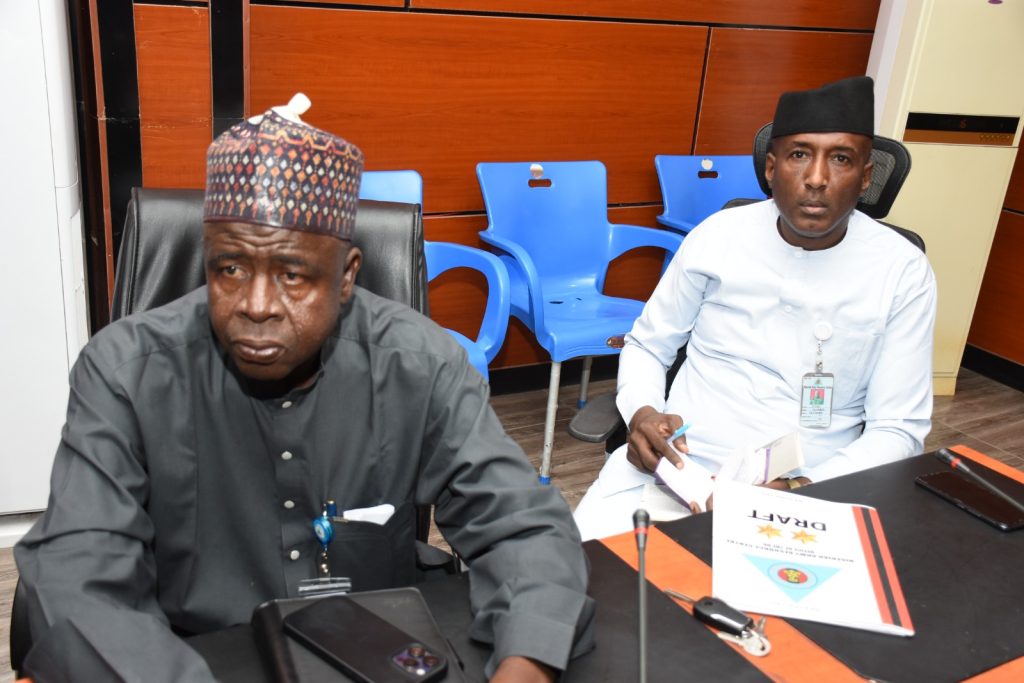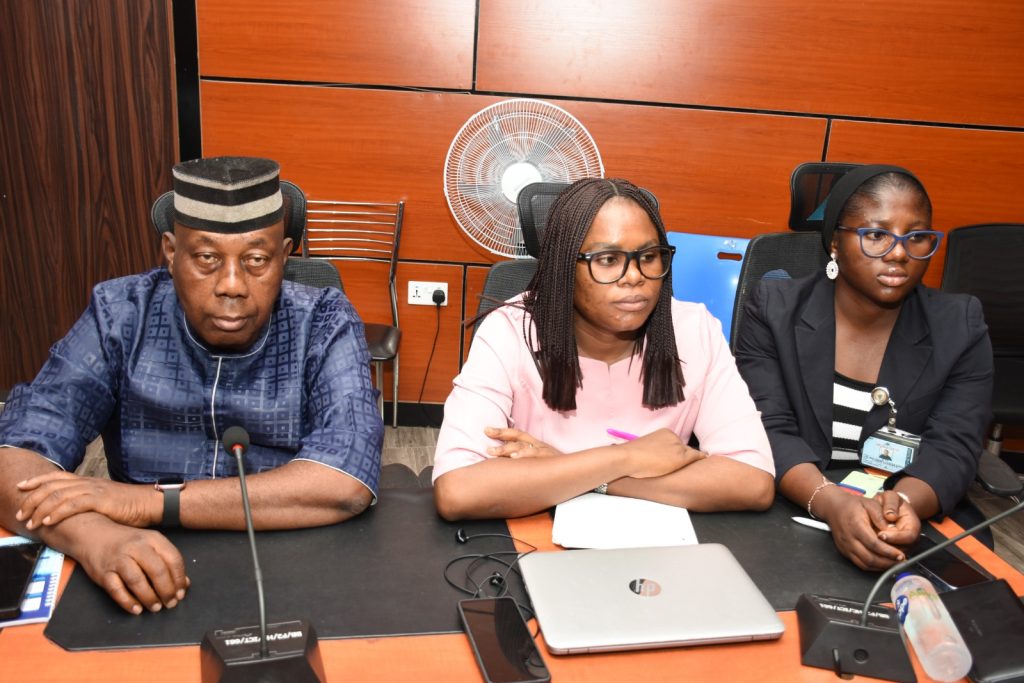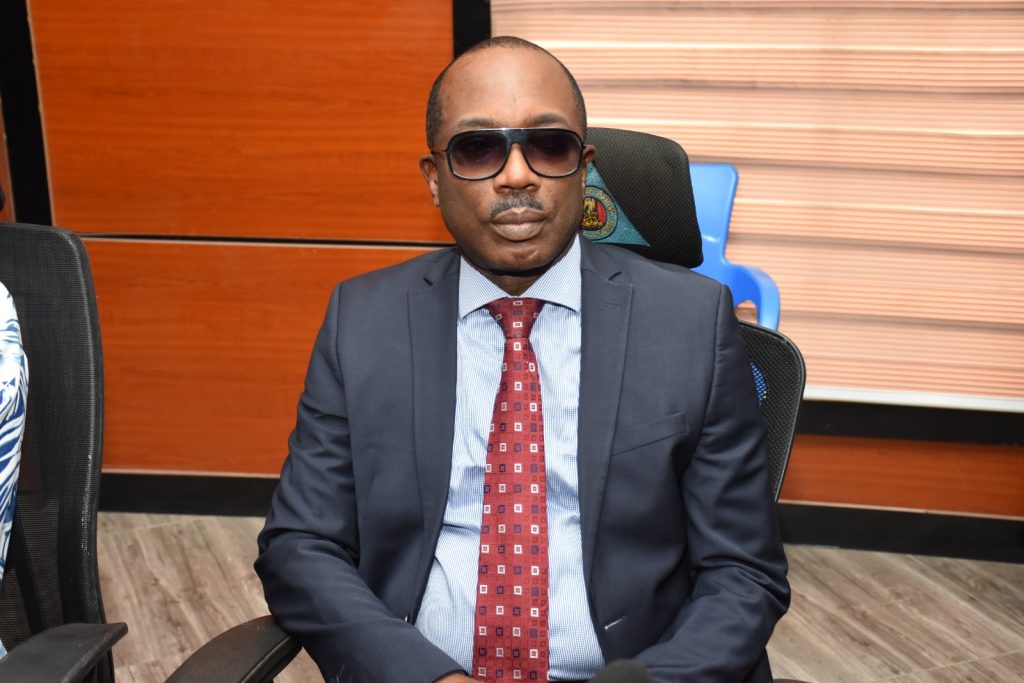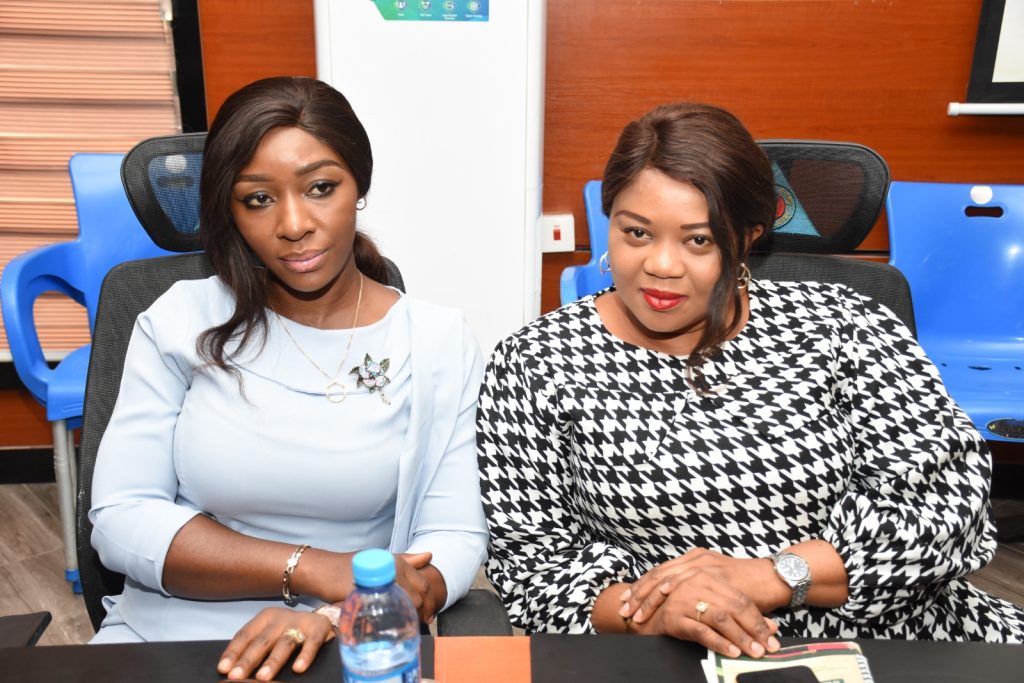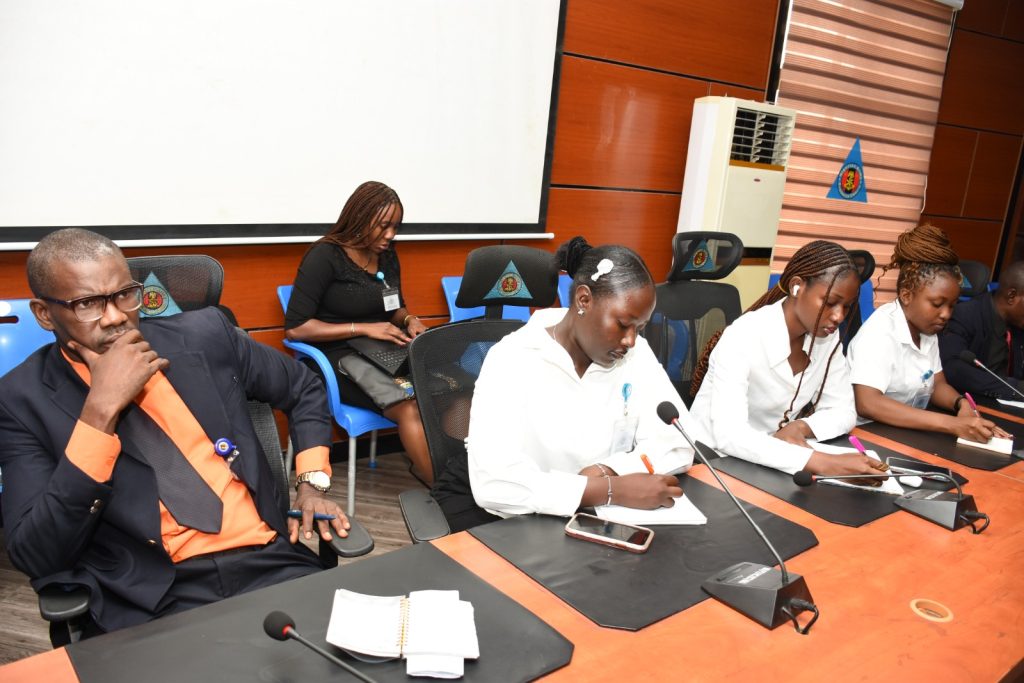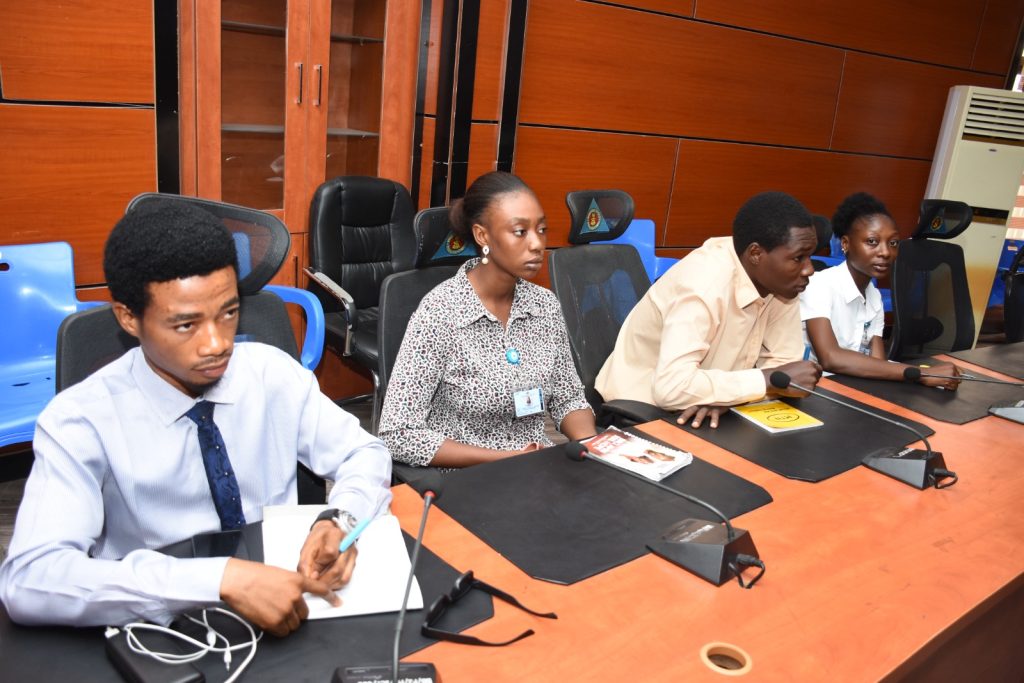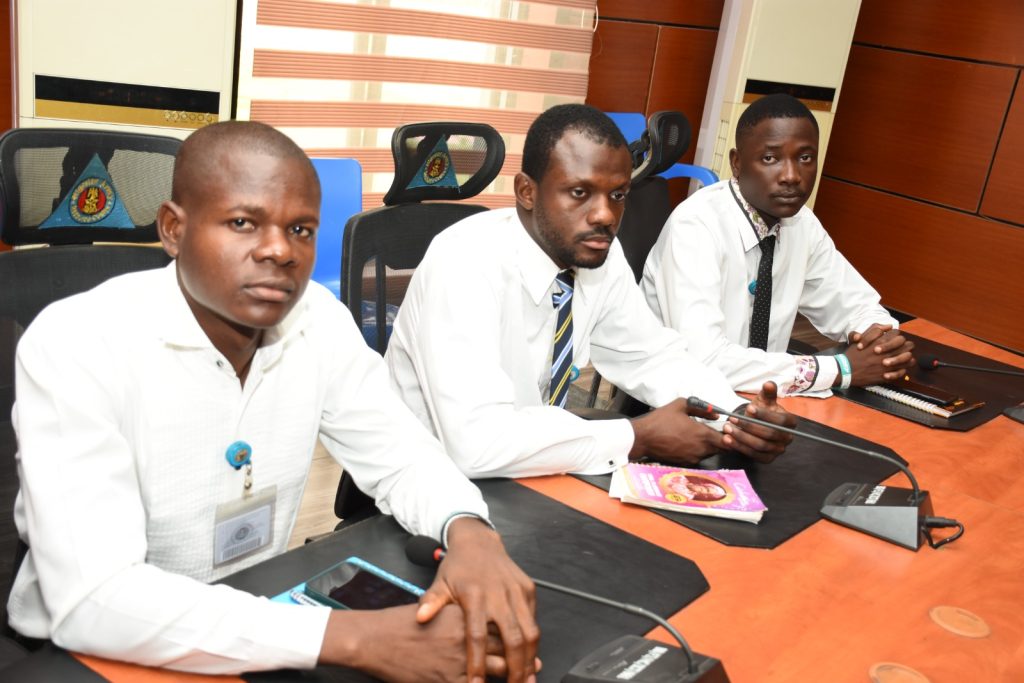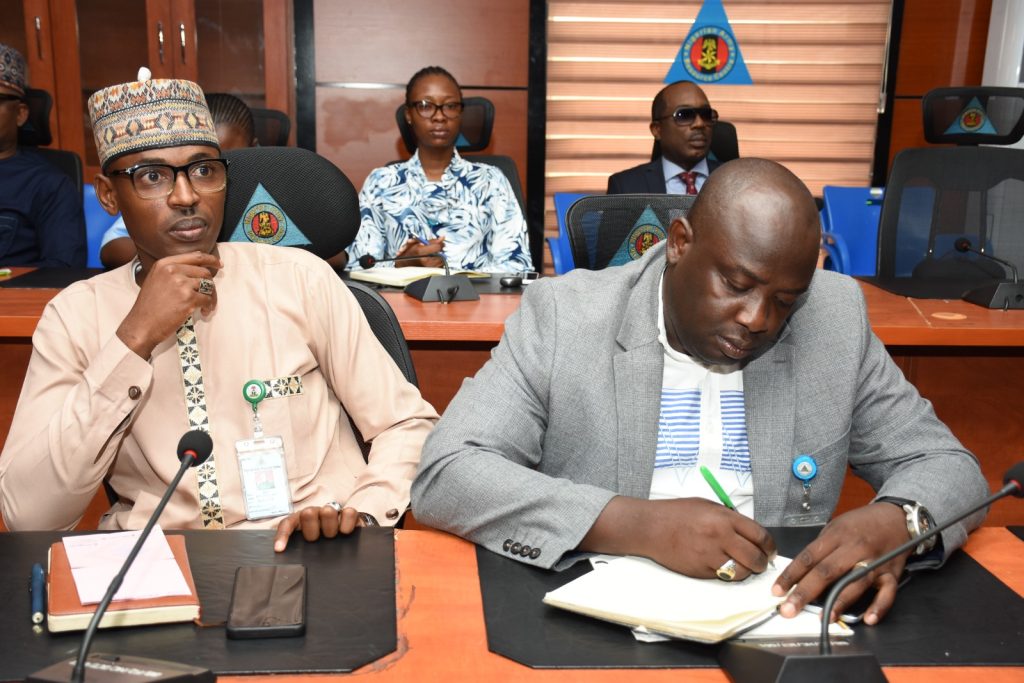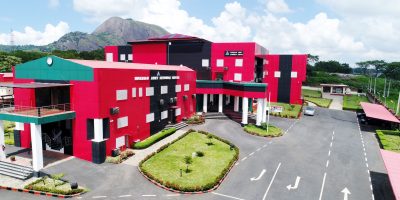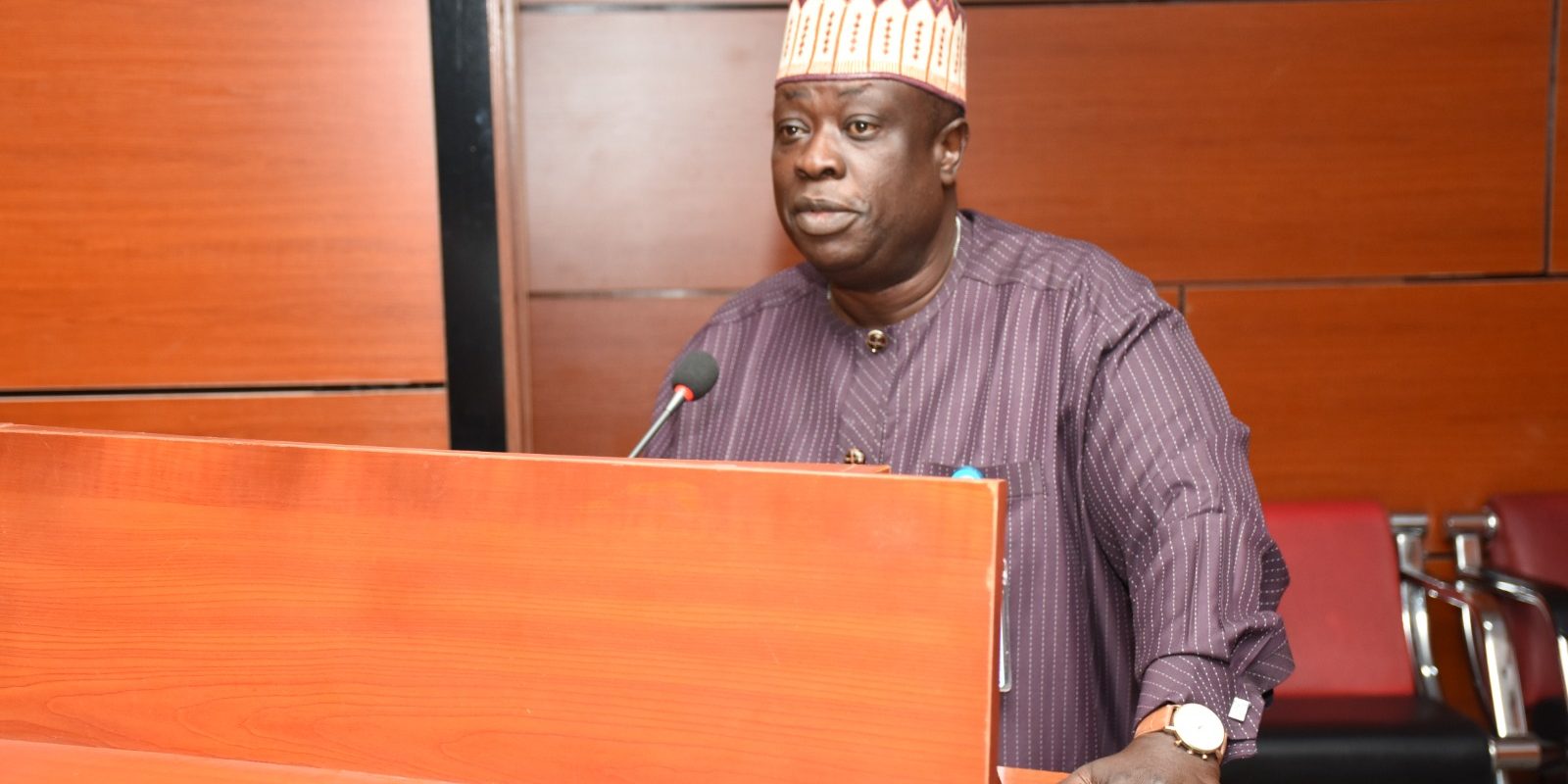Nigerian Army Resource Centre (NARC) Weekly Subject Experts’ Presentation was held at Hall F ML Agawi Block, Abuja. The only presentation for the day was made by the Subject Experts on Southern Africa.
The presentation was made by Col OR Akerele (Rtd) Subject experts on Southern Africa Centered his presentation on how, President Urges Namibians To Process Raw Materials and Not Just Export. Adding value to raw materials involves transforming them into finished goods or semi-finished products to increase their worth and utility. The possess of value addition involves processing, manufacturing and packaging; ultimately leading to higher revenue and other economic benefits both to the original producers of these raw materials, the distributors, sellers, middlemen and the nation at large, considering the benefit of improvement in trade and contributions to GDP. To this extent on 5 May 25, the President of Namibia Her Excellence Dr Netumbo Nandi-Ndaitwah urged the citizens to process the country’s raw materials and not just exports, with a view to increasing value addition and revenue to them and the nation.
In his analysis and lessons for Nigeria, Col OR Akerele (Rtd) pointed out that, Nigeria has improved raw materials value addition from 15.6% in 2013 to 25.2% in 2023 (Iku Muonso, 2024). This growth, remains modest compared to South Africa whose value addition to raw materials grew from 63.2% in 2013 to 75.6% in 2023.
Moreover, Egypt increased value from 51.1% in 2013 to 64.8% in 2023 and Brazil from 83.4% in 2013 to 97.6% in 2024. Nigeria value addition has however been pegged at 30% in 2024. Exporting raw materials without local processing perpetuates underdevelopment, as highlighted by the Nigerian President at the UN General Assembly (UNGA). He noted that Africa’s reliance on raw material exports leaves it vulnerable to foreign markets, forcing countries to repurchase finished products at much higher prices. This practice drains foreign exchange, stifles local industries and limits job creation, ultimately prolonging economic challenges. In contrast, countries like Indonesia, which banned raw nickel exports to promote domestic refining have demonstrated how value addition can attract investment and foster sustainable growth. Similarly, Ghana’s efforts to process cocoa locally aim to capture more value within the country, strengthening its local consumption pattern and further exports thereby increasing revenue from trade to boost her GDP. It is therefore necessary for Nigeria to make efforts and evolve policies to increase value addition to boost businesses and industries in Nigeria with a view to increasing Terms of Trade and the nation’s GDP.
He recommended that, The Ministry of Trade and Industries should collaborate with the Manufacturers Association of Nigeria (MAN) to expand and develop new industries to produce a variety of new products towards adding value to Nigeria raw materials.
